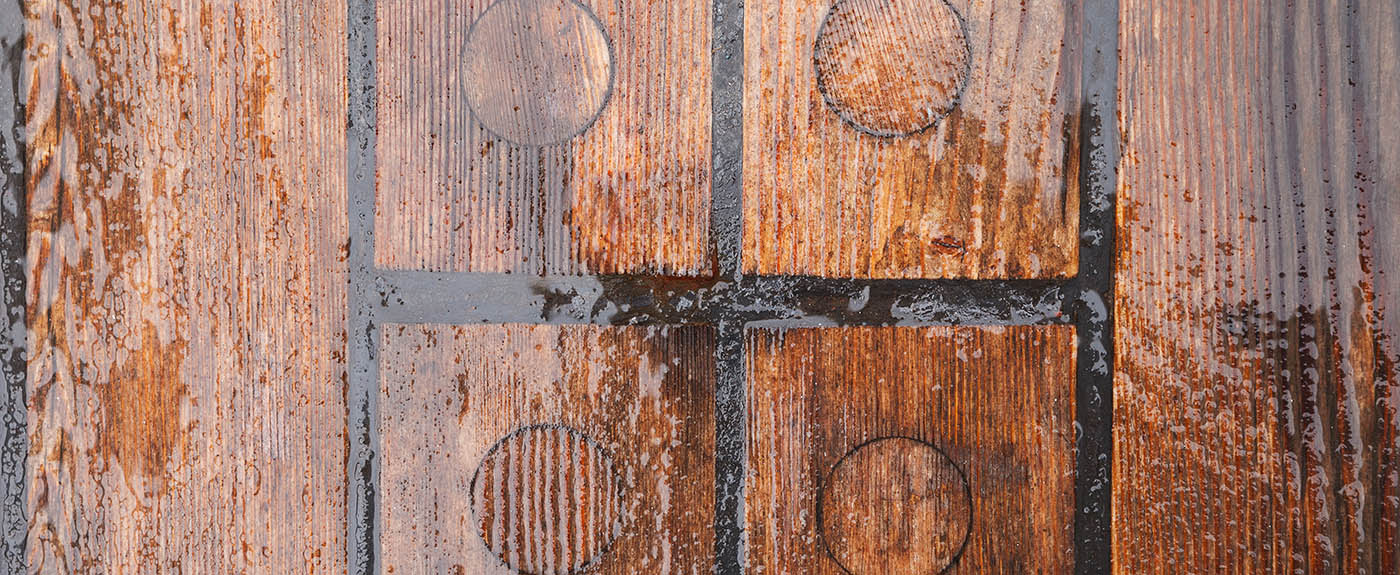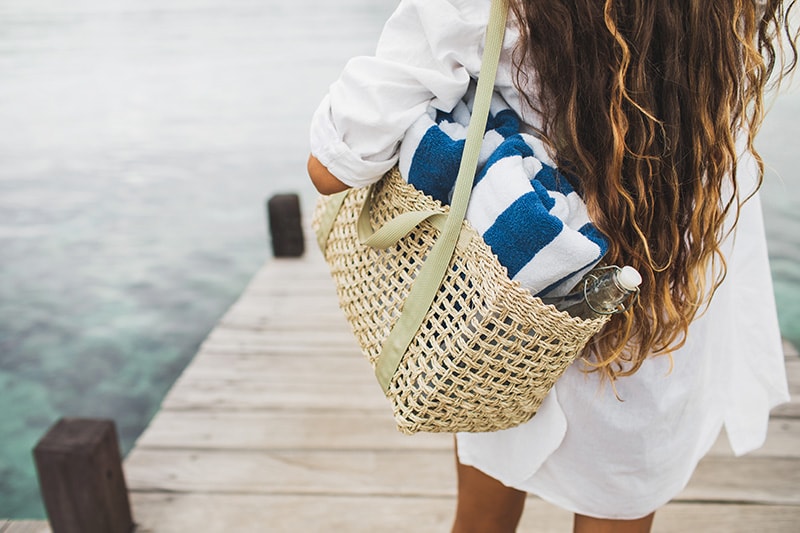Time Zero
- Category: Couples

BrainStyles Wisdom
The sun came through the clouds, and the family all agreed: time for a boat ride! While the men prepared the boat and water skis, Mom gathered up towels, snacks, sunscreen, and hats and tiptoed through the wet grass to the dock. Stepping around a mound of mud where the shore meets the dock, her first step slipped out from under her and she went down, slamming the other leg into the edge of a dock plank. Now in painful splits, she crept back up on the dock and tried to lift the bruised and bloody shin to lessen the pain and swelling. Her husband called out, “What happened?” while her son and nephew stood with open mouths, motionless.

“I slipped”, she squeaked. The three of them slowly came toward her. Her husband, with hands on hips, looked at the shin and the wet-heel slip marks on the dock planks and stated simply, “See, that’s why you never walk in the direction of the planks, only across the planks, especially when it’s wet.” He then went on to describe how he’d have built the dock to prevent such accidents.
Still wincing in pain, she watched him in amazement. Her husband’s left-brained gift at Time Zero (a new situation) sorts the information into logical and meaningful patterns that create a solution. Did she expect sympathy and a hug? Were she not in pain she might have laughed at her misplaced expectations.
Meanwhile, her detailed, analytical, and compassionate young son came closer, looked at her fresh wound and reached up to give reassuring hugs and kisses, then helped her hold the leg up for relief. He suggested ice and a clean towel to stop the bleeding, repeating, “You’ll be OK, Mommy,” and, “Does it hurt bad?” Brushing back her bangs, he added, “Let’s go get ice from Grandma. Come on, you can do it.” Then he turned to his dad, surveyed the dock planks and assessed the problem, too. He nodded with understanding of Dad’s explanation, while Mom, smiling through tears, limped away to get ice.
Our brain is built to process new information in certain ways. There’s no getting around these gifts. We can forgive one another’s behaviors in the moment with this knowledge and look for those brain-based strengths to show up routinely, instead of demanding that our partners, friends, family members, and co-workers change to make us happier.
In short, left-brained people in our lives show their care and concern by fixing and preventing mishaps, while the right-brained show their care with hugs and supportive comments. Learning to manage our expectations of others goes a long way in respecting and understanding differences, letting go of the hurt from unmet expectations, and working together to solve problems and soothe hearts.

